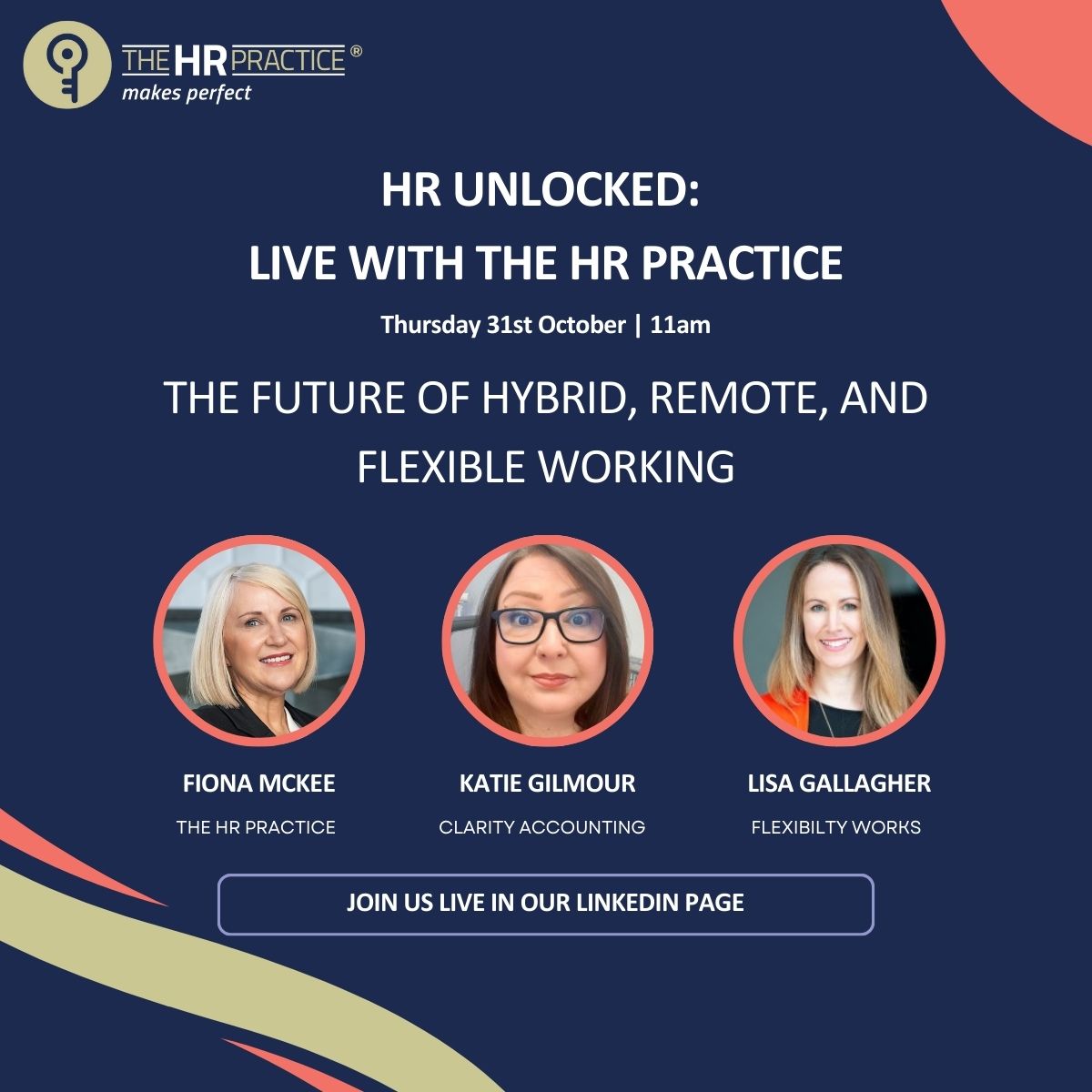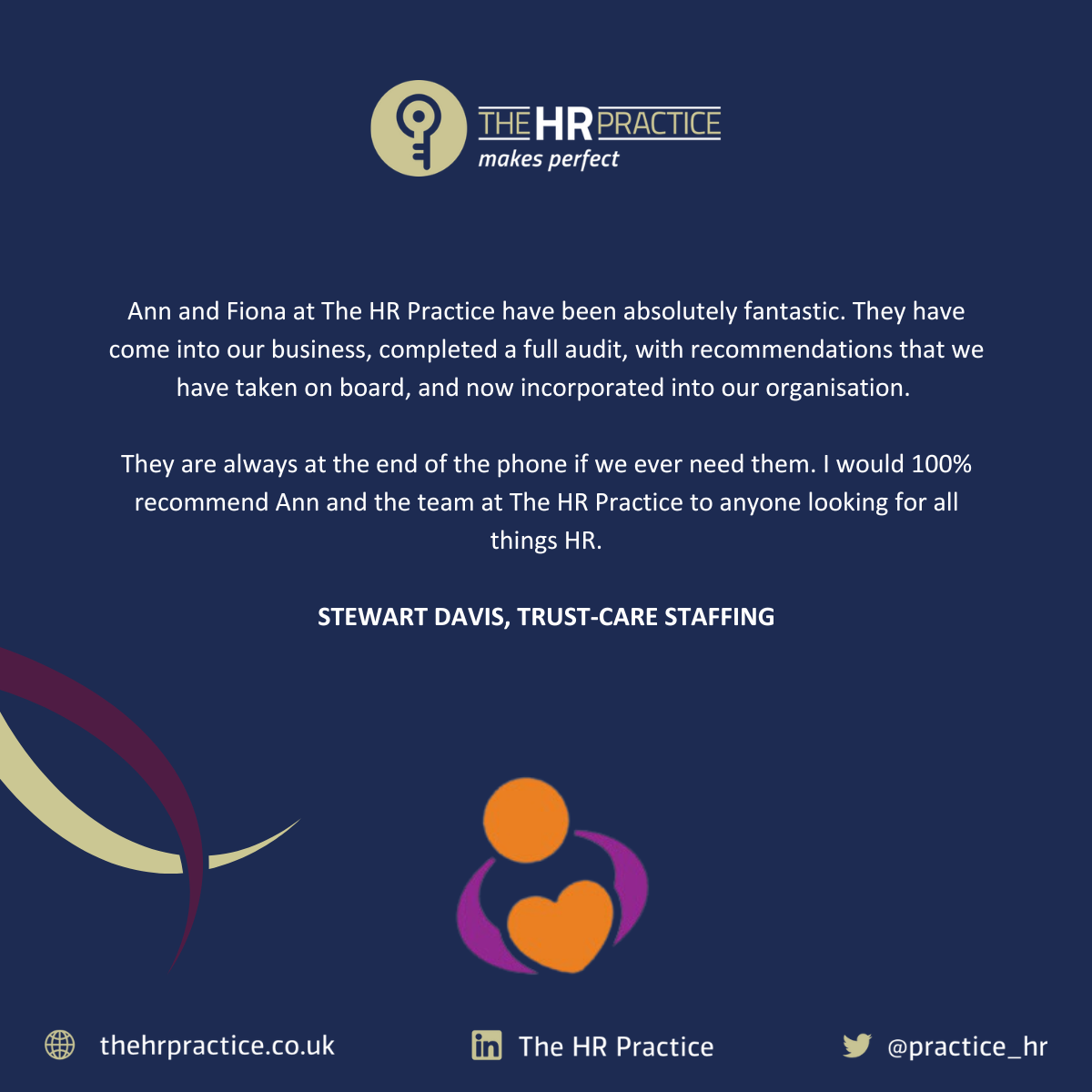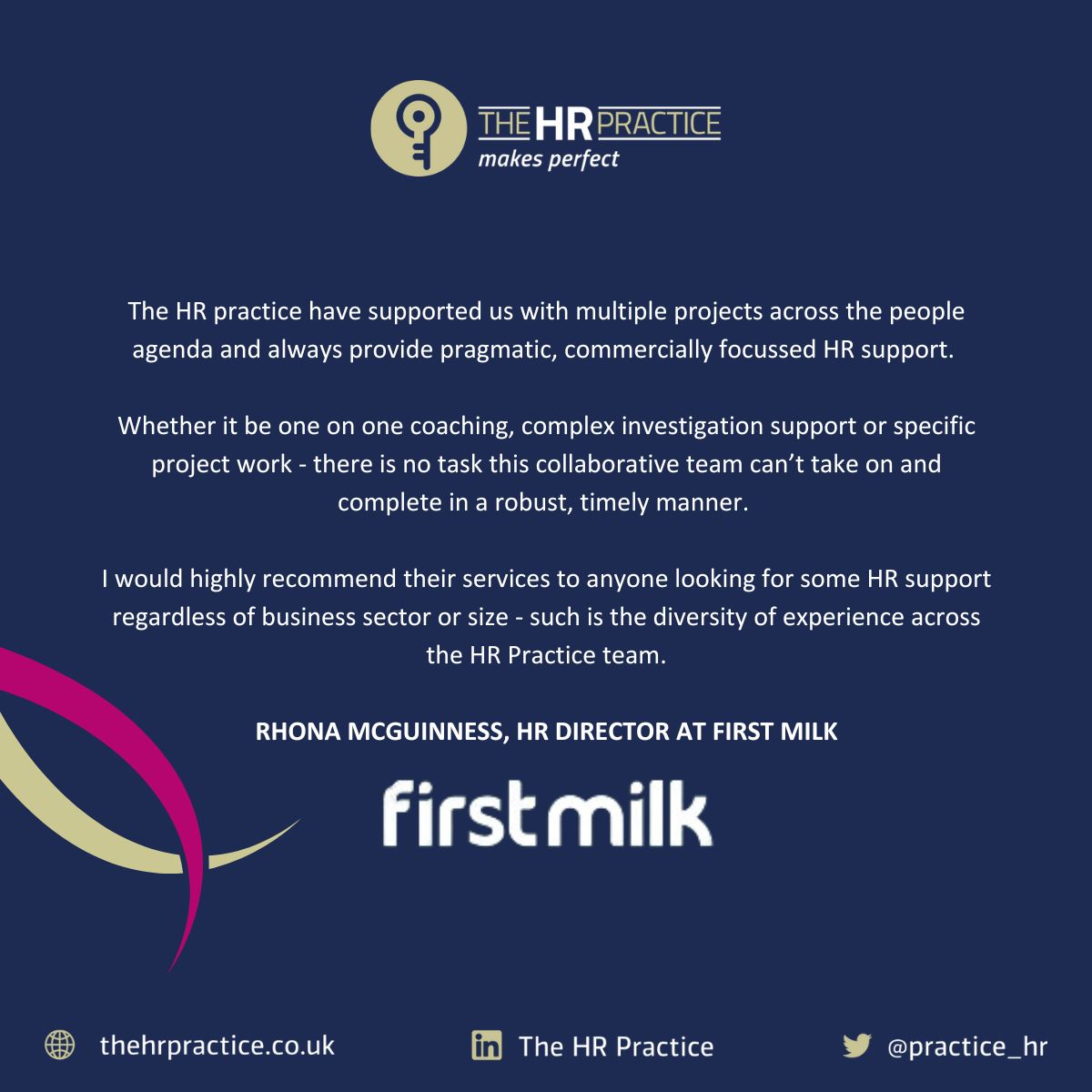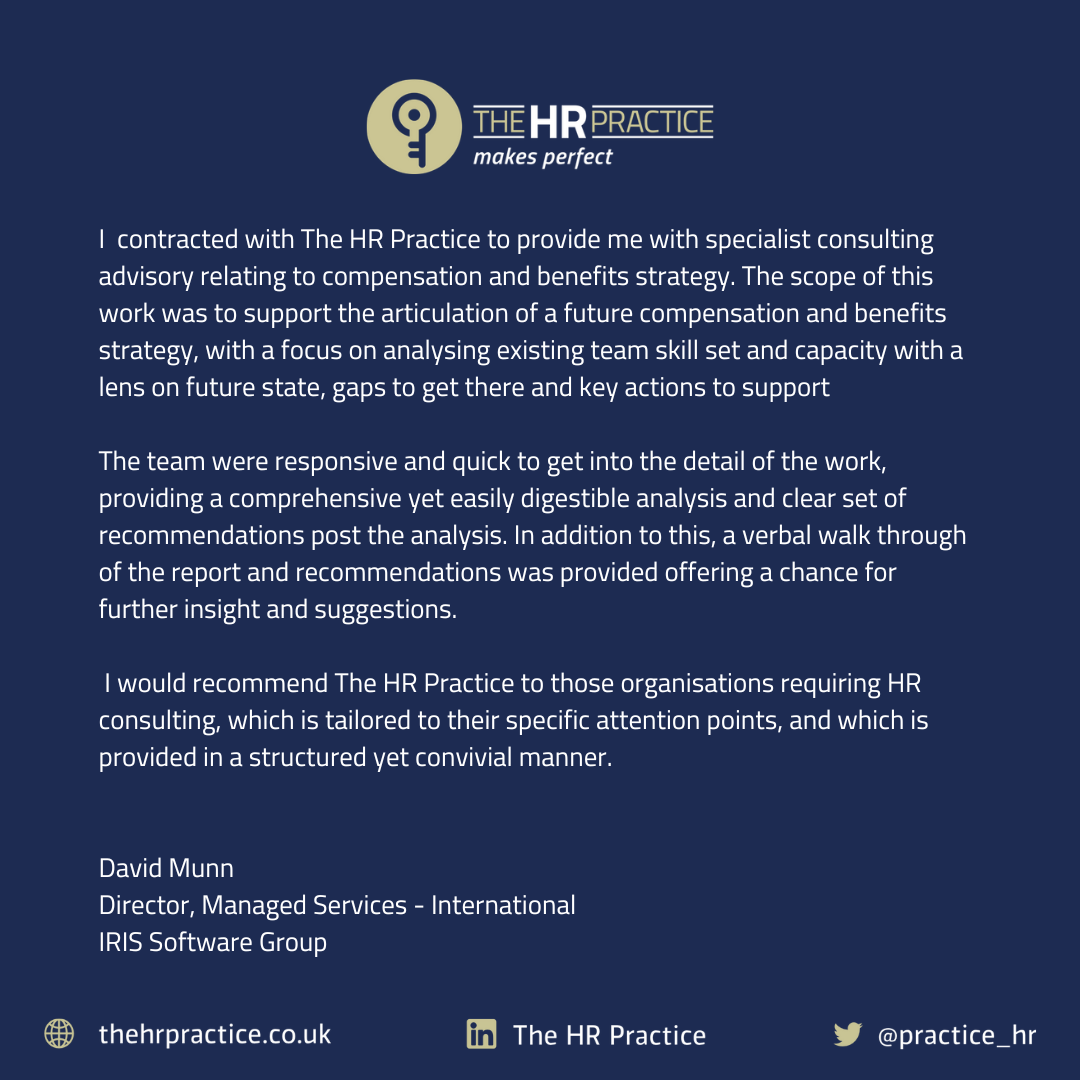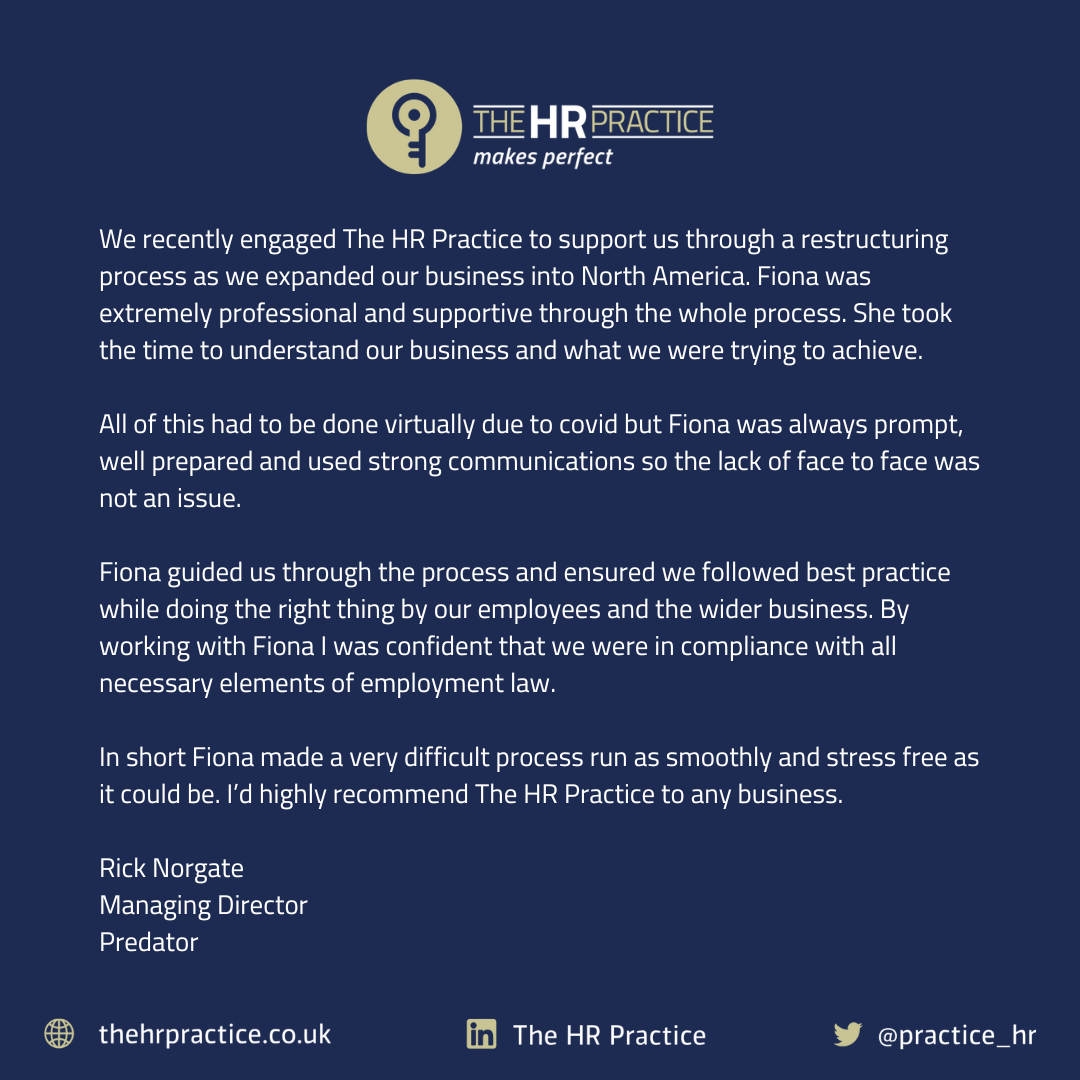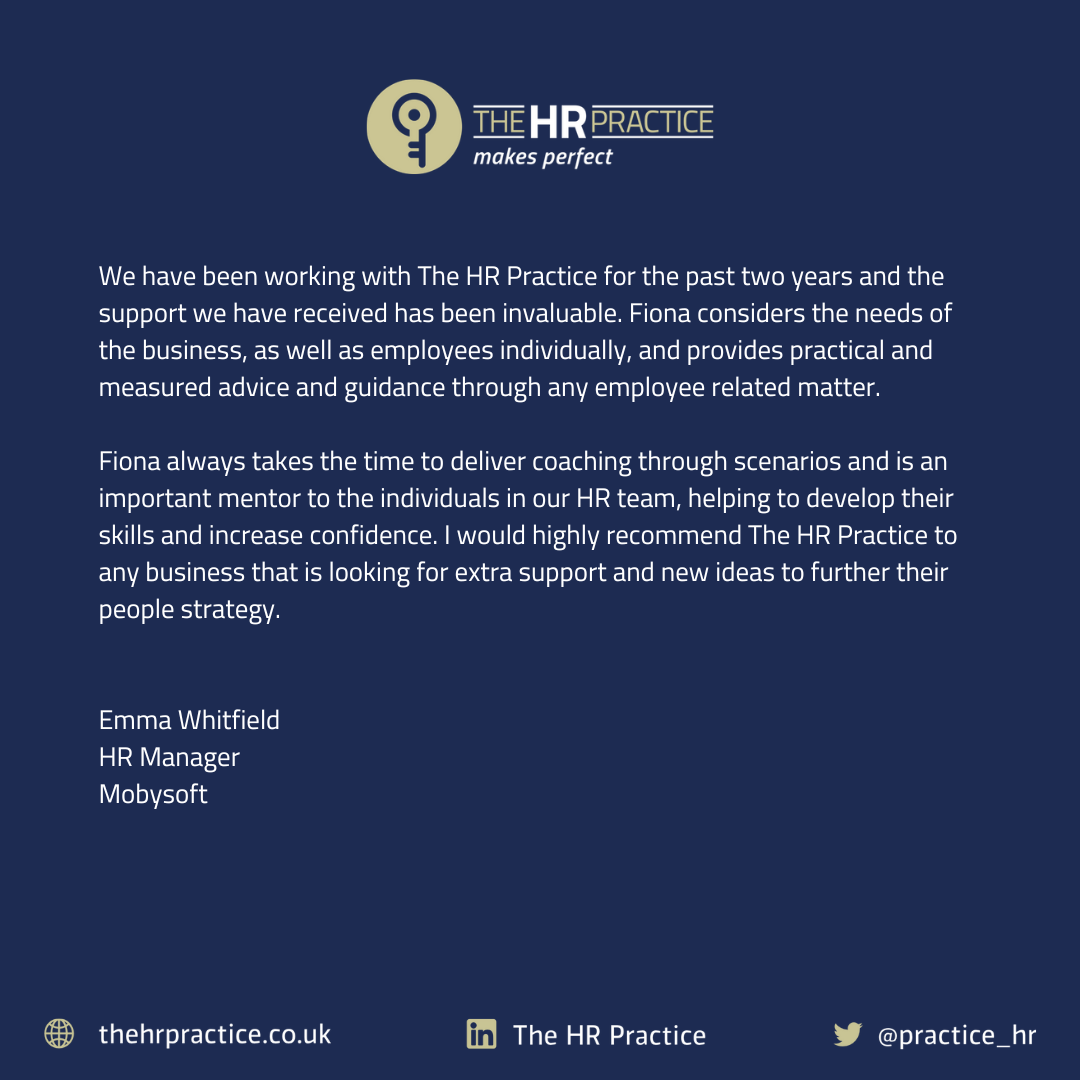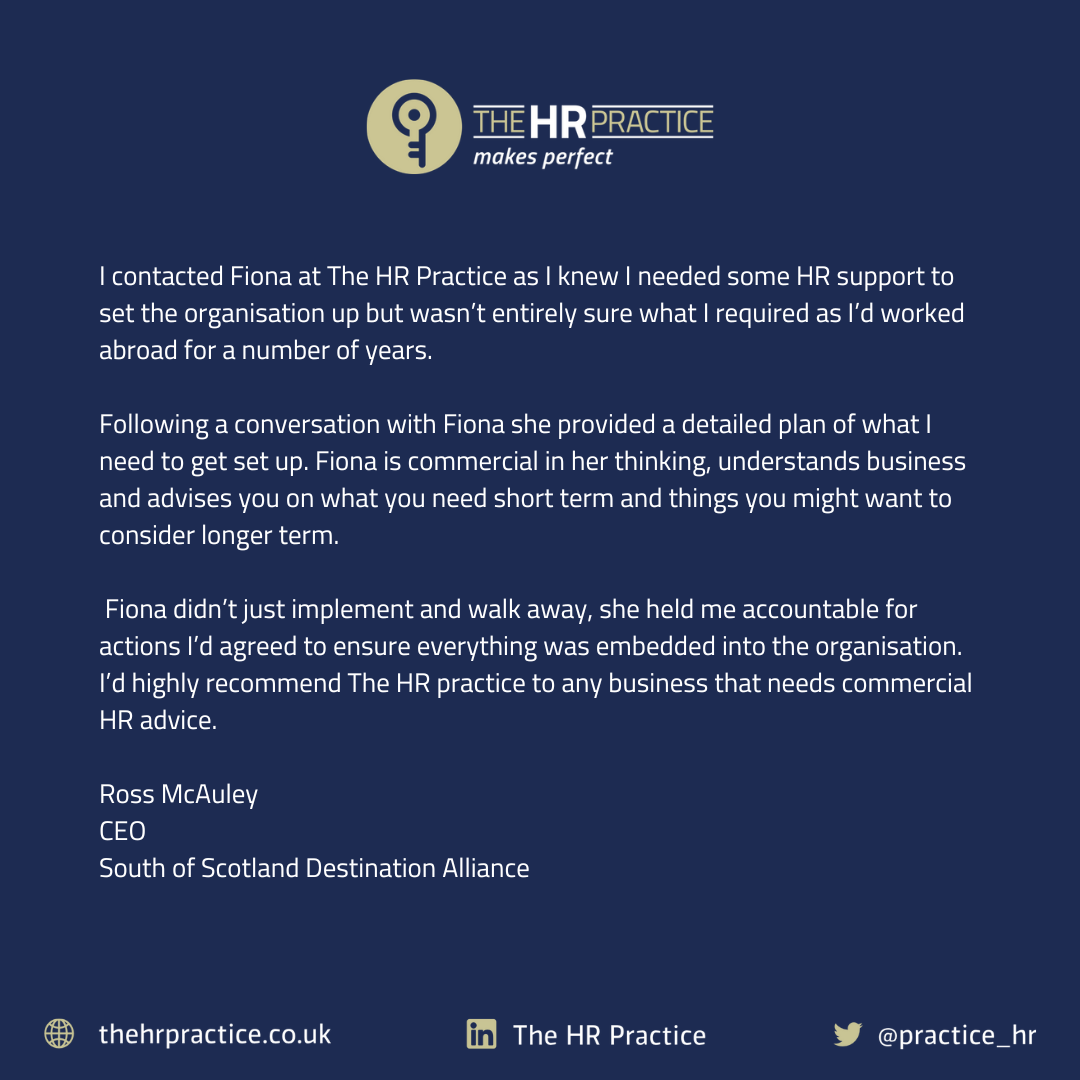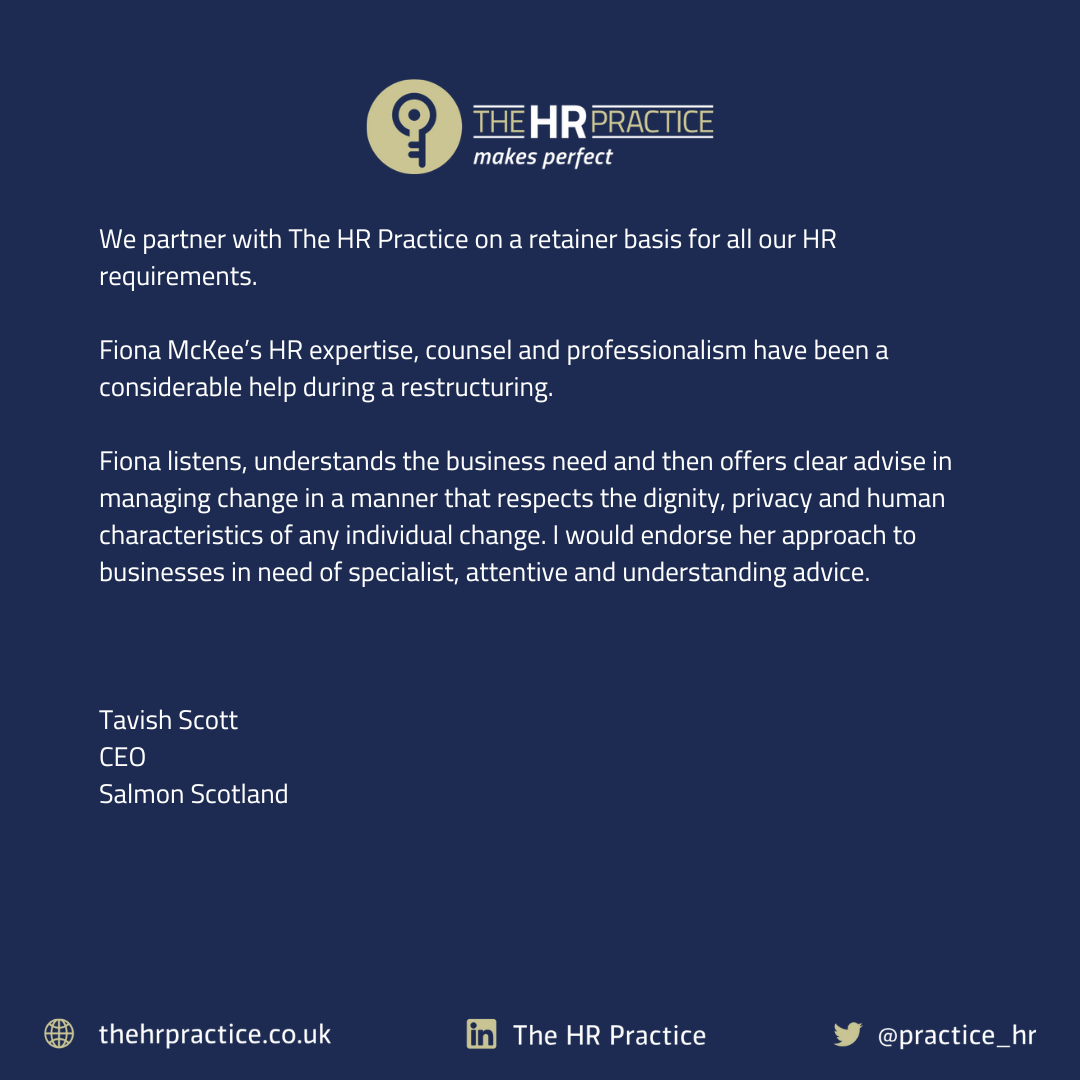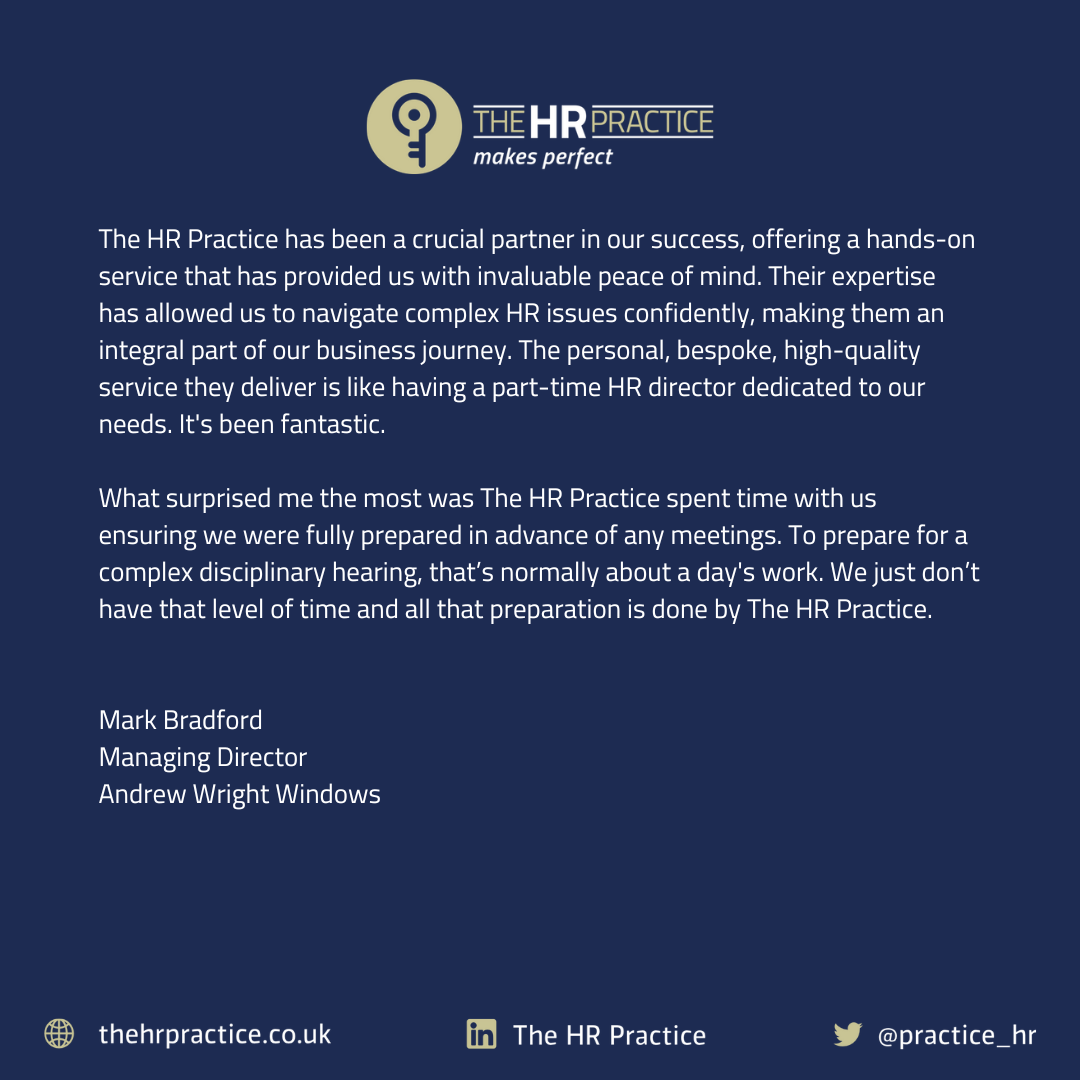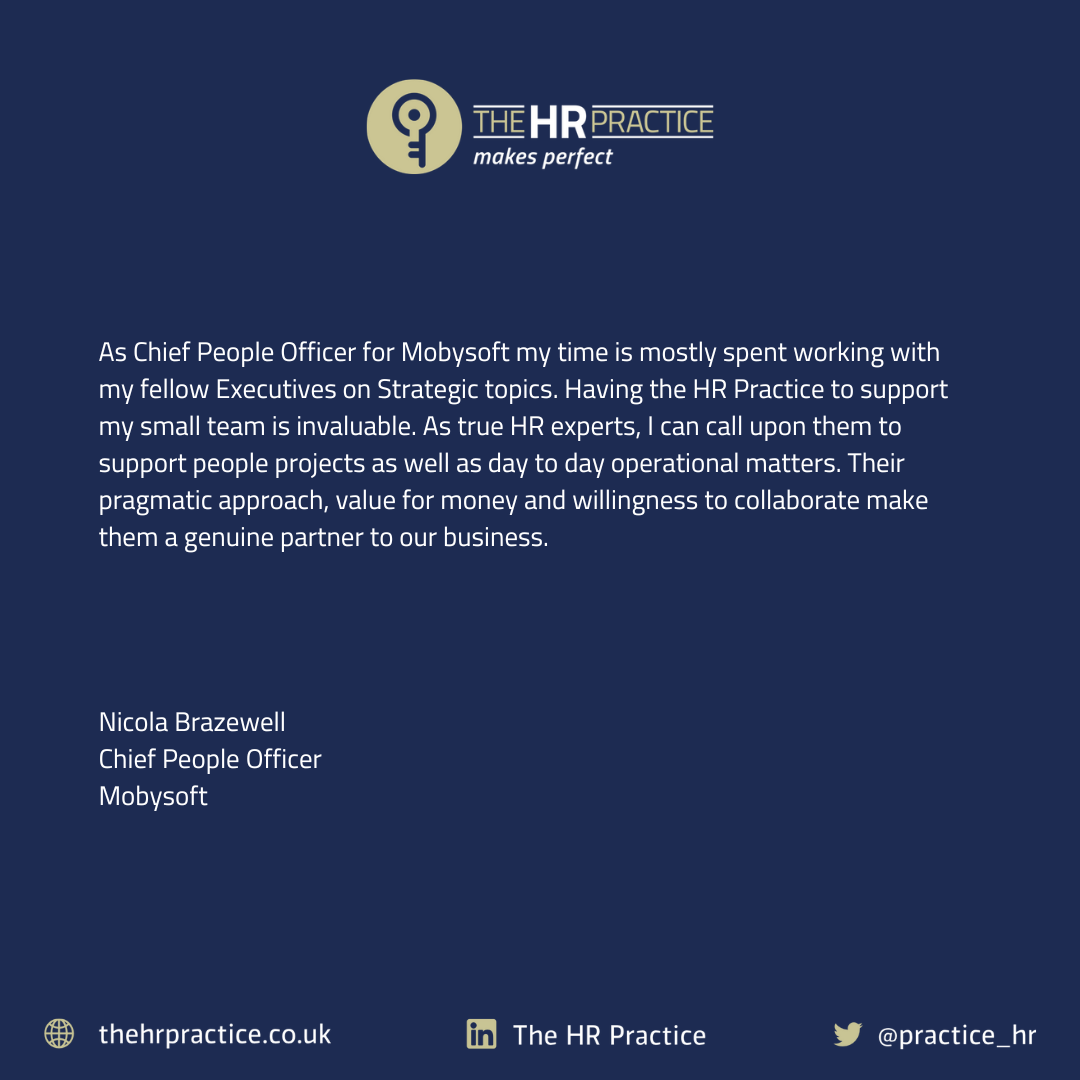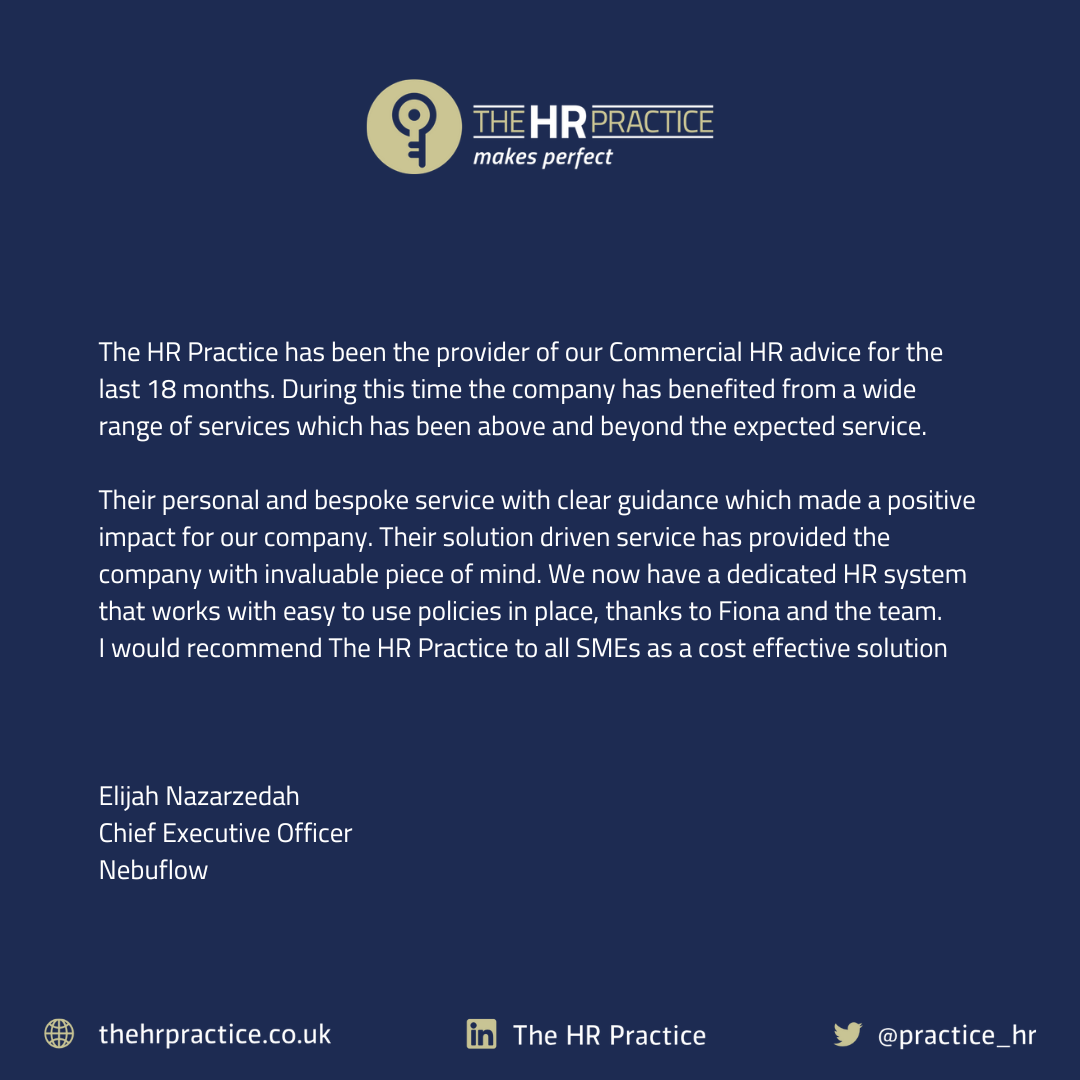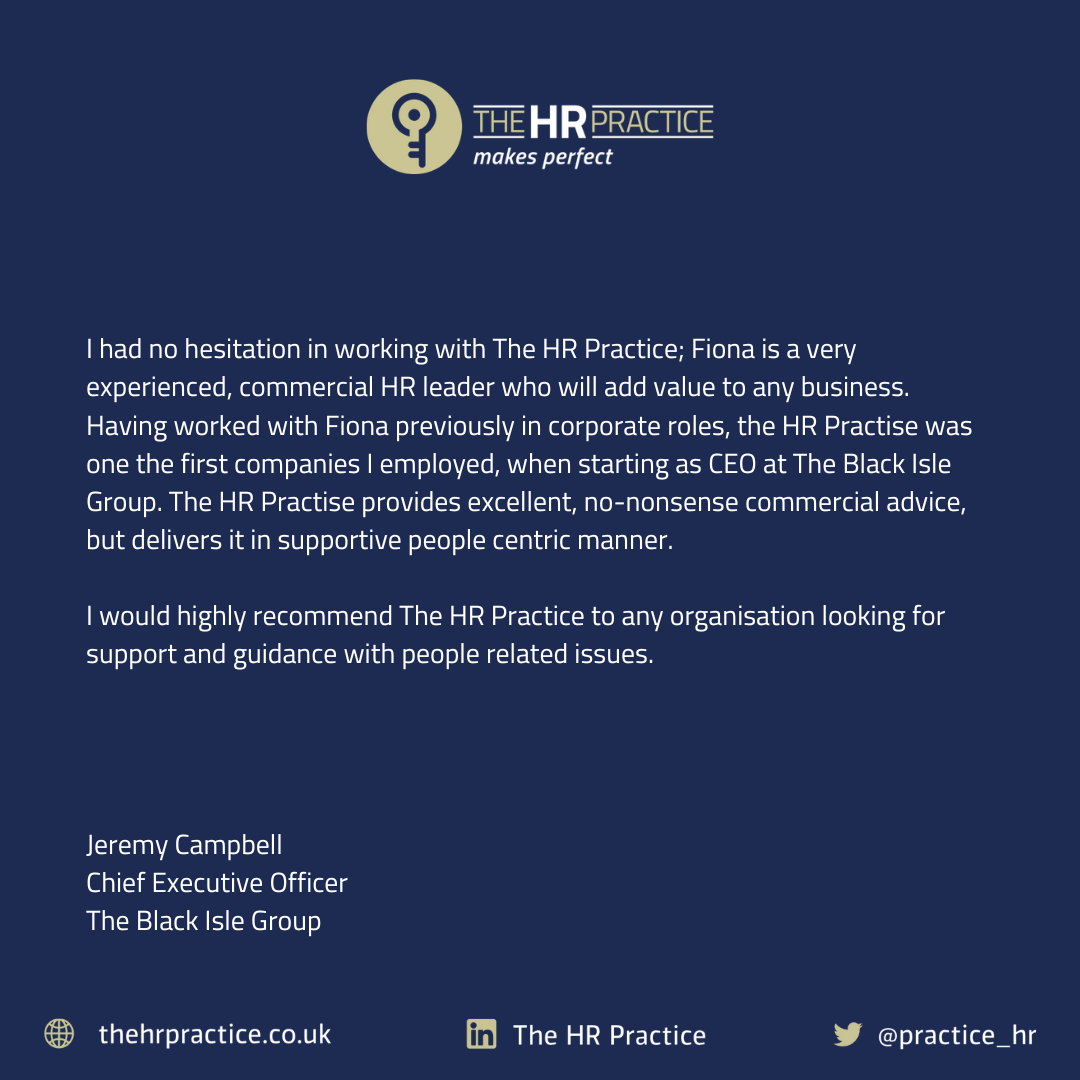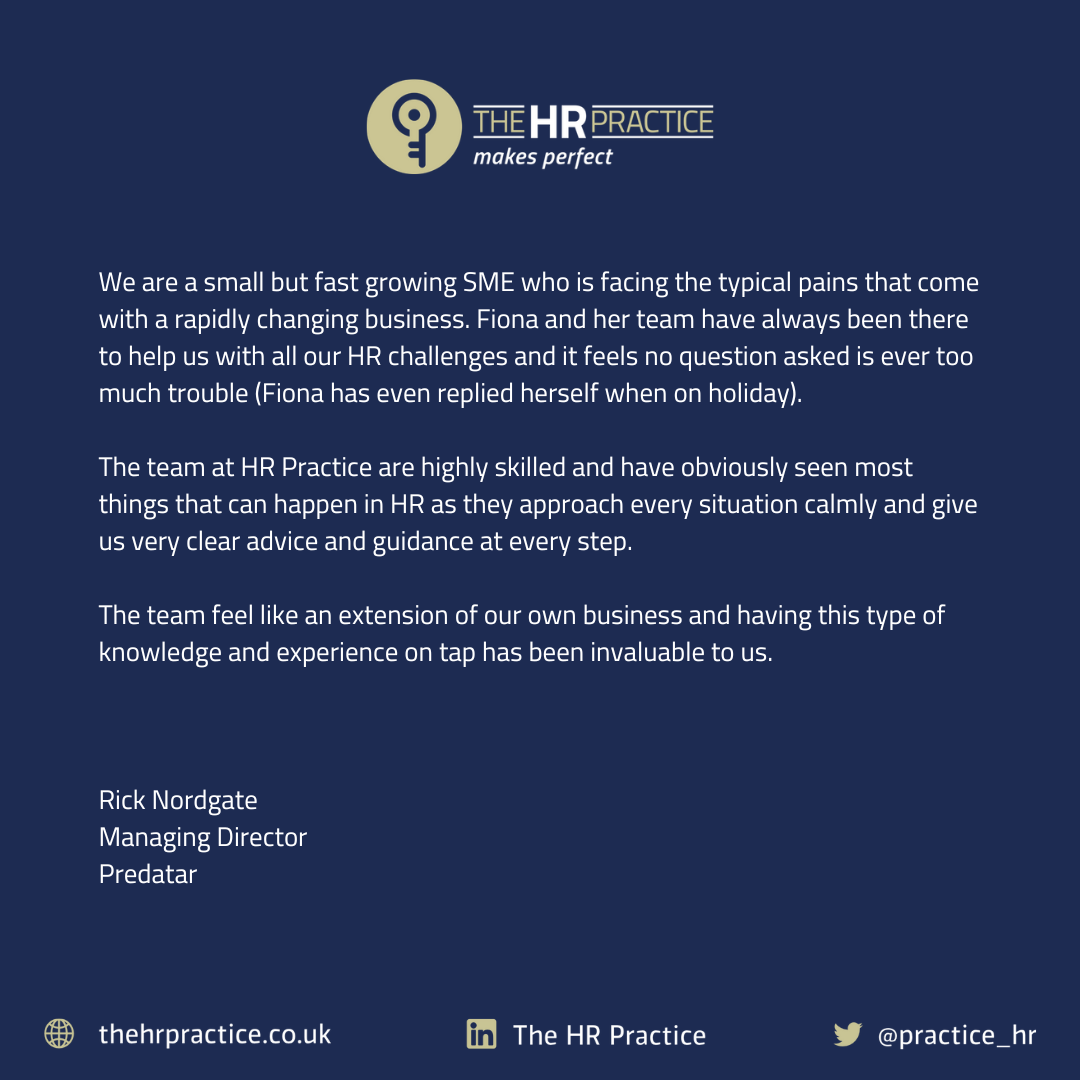Working from home has been a big discussion point within the business landscape for a number of years. It of course was given extra prominence when businesses were at crisis point during and post-pandemic, and has seen SMEs having to adapt to new working practices.
As a result of the new wave of working-from-home requests, according to the National Office of Statistics, 44% of people are working from home in some form, whether that be full-time or as part of a hybrid model approach.
Of course, there are benefits of working from home when it comes to flexibility, employee wellbeing, and reduction of certain overhead costs on the face of it - however, it is important that we understand that it doesn’t come without its challenges in relation to the management of employees. Here, we delve into some of these potential roadblocks.
Does it Create a Barrier Between Managers and Teams?
In short, yes it can. As you would expect since it has been such a hot topic within the HR industry, there has been extensive research into the implications of working from home practices and how this could affect employee relationships.
According to a recent survey, 26% of managers responsible for hiring have stated that hybrid workers are less likely to get a promotion than those who are based in the office. The figure increases if employees are fully remote.
The cause for this? It can be much more difficult for employees to be open and articulate the challenges they are facing within their role when there isn’t regular contact with their management team. As a by-product of this, it could mean that employees aren’t in fact happier operating from a home environment and don’t get the same level of support as they would if they were office-based.
Are there Psychological Risks to Remote Working?
Inclusivity is a big part of ensuring employees can work harmoniously with one another and as part of a team. Different departments can have chats over the water cooler, and colleagues can grab a coffee during lunch or interim breaks which allows relationships to be nurtured, and bonds to be formed.
Remote working can lead to psychological closure, where there are fewer meaningful conversations with one another, making it difficult to create those same types of relationships.
As well as existing employees, we need to think about new employees that could be on-boarded into the organisation. It can be more difficult for them to become and feel part of the business. Cliques can often be a result of these types of models, particularly if there have been members of staff who have been working with one another for a prolonged period of time.
There is also vital experience that could potentially be gained from more senior employees that could be missed in a remote working environment.
What about the Physical Welfare of Employees?
As well as the mental and psychological risks to this new normal, there are also potentially physical implications when it comes to the health and safety of employees.
The Health and Safety at Work Act 1974 ensures employers are obligated to ensure that there are adequate risk assessments taken of work-from-home environments to ensure their suitability. However, are the lines here blurred?
If an employee has a strong desire to work from home, they will of course put in the work to represent their working environment as one that is adequate for the purposes of home working. This could potentially mean that they aren’t as honest as they should be about their facilities and equipment so their request is met.
It could also mean that the costs that we often talk about being reduced for businesses are no more, as there could be a substantial outlay in order to procure the appropriate desks, chairs and IT equipment to make sure that each workstation is compliant.
How Do We Mitigate These Risks?
Now that we have an understanding of some of the potential challenges that can be faced by an SME that implements work-from-home practices, we need to think about how we mitigate these risks to protect both the employer and the employee.
In the first instance, there needs to be a management team in place that is receptive and open-minded about today's challenges, whether that be about mental or financial wellbeing or any other contemporary challenges within the workplace and have that desire to keep the lines of communication open.
During the pandemic, businesses and individuals alike were incredibly innovative in their communication channels and learning to stay in touch. Employers need to continue to show such strategic innovation in how they engage their team, make sure they feel included in the organisation and have the same chance of promotion as everyone else. Hybrid and remote working has become not just an interim, but a permanent fixture - therefore it needs to be treated as such. The same level of effort that is put into place with these HR practices as it would any other.
The culture of the business is paramount to making these processes a success. There needs to be a clear balance that will prioritise health, safety and productivity.
There is a lot of planning that needs to be put in place when developing a work-from-home company policy, surrounding compliance, wellbeing procedures, appropriate communication etc. As such, you may need external HR support to keep you and your workforce protected.



